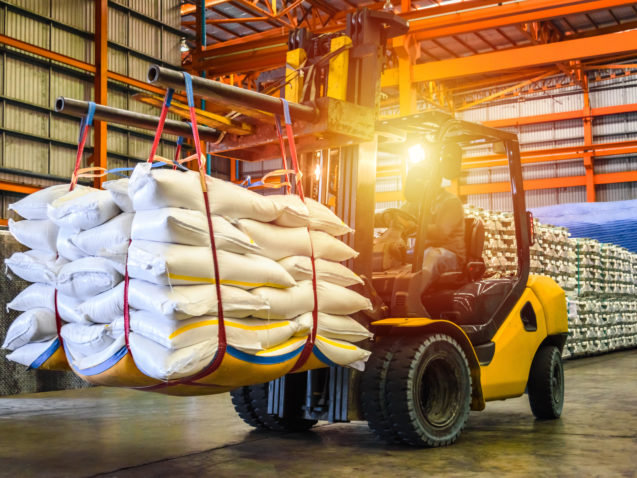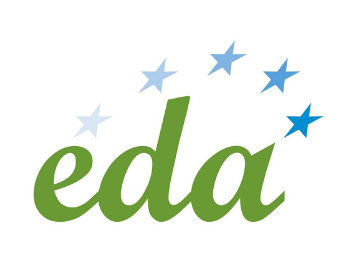As part of our #FoodFuture project we’re speaking to experts about how to best achieve more sustainable food systems. We spoke to Laurens Van Delft from the European Dairy Association to find out how dairy producers have benefitted and what the next 30 years looks like for the sector.
This year, the EU celebrates the 30th anniversary of its Single Market. This flagship achievement of the EU has been a driver of prosperity and economic growth, not in the least for our European dairy industry which is the economic backbone of rural Europe and beyond.
Our 12,000 processing sites across Europe are partnering with more than 650,000 well-trained and committed dairy farmers on a daily basis. They are providing more than 300,000 direct jobs in the milk processing industry, of which 45,000 are directly linked to dairy exports in third countries. The market integration under the Single Market has played a pivotal role in accelerating this economic development, to the benefit of small and medium-sized enterprises, global players, and our European rural community as a whole.
One of the main benefits is the removal of trade barriers within the EU, allowing for the free flow of goods, services, capital, and people. This has enabled dairy processors to access larger and more diverse markets, increasing competition and driving innovation in the sector – and has also opened more options for dairy farmers to sell their milk.
Additionally, the EU internal market has provided a level playing field for dairy processors, ensuring that all players in the market are subject to the same rules and regulations. This has reduced the risk of unfair competition and encouraged the growth of small and medium-sized enterprises in the sector.
The EU internal market has also facilitated the harmonization of food safety standards, ensuring that all dairy products produced within the EU meet the same high standards of quality and safety. This has increased consumer confidence in the sector and has opened new export opportunities for European dairy processors, increasing their competitiveness and helping to secure their future growth.
The end of the milk quotas has been another boost for the Single Market, as it has improved market transparency and orientation. Increased market transparency is key since it will allow all players in the dairy sector to take the right business decisions and to better manage the price and cost volatility, which is and has always been a natural market phenomenon.
Recently we have been confronted with the impact of the sanitary/COVID-19 crisis. While large parts of the economy came to a sudden standstill, the dairy sector made every effort possible to keep shelves and fridges stocked in Europe. The designation of milk and dairy as an essential sector and the associated EU measures have helped substantially in maintaining functioning supply chains across regions and borders. Our well-functioning Single Market has been essential in doing so.
All of the above doesn’t mean we can rest on our laurels, as we see new barriers for our Single Market looming on the horizon.
As dairy industry we agree that animal welfare labelling, environmental labelling, front of pack nutrition labelling or origin labelling are today a market reality. The European dairy industry has already proven its global leadership towards more sustainable agri-food practices and such new initiatives could be done without setting huge barriers within the Single Market. But we can’t accept policies that undermine the Single Market and only lead to higher costs without any environmental benefit. The barrage of EU, national and private initiatives on simplified nutrition and on origin labelling that is being launched are simply putting an end to the Single Market for our industry. Let alone the fact that these initiatives have an anti-livestock and anti-dairy resonance in common, from the revision of the EU School Food Scheme, the Promotion Policy to all the labelling initiatives.
The only way forward is a science-based and harmonised system at EU level. I am confident that such an approach can lay the foundations for another 30 years of our successful Single Market.




